SERIES REVIEW – If you thought Netflix’s “Supersex” was going to be a deep dive into the surreal and erotically charged world of the porn industry, brace yourself for a surprise. Francesca Manieri’s creation is less about titillation and more a psychedelic journey into the realms of family, masculinity, and toxic relationships, all beautifully underscored by Alessandro Borghi’s nuanced performance. It offers much more than erotica: a complex web of relationships where characters grapple with emotional turmoil and the abyss of self-destruction.
Drawing from the real-life inspirations of Rocco Siffredi, aka the “Italian Stallion,” Netflix’s “Supersex” is far from the erotic adventure one might expect. Manieri’s series weaves an in-depth narrative around familial values, the facets of masculinity, and the labyrinth of toxic human connections. With Borghi’s compelling portrayal, the series, though featuring some notable chapters, transcends the conventional biographical narrative with its use of surreal elements—ranging from hallucinogenic moments to the peculiar filming of sex scenes—leading us into a complex maze of relationships where the characters seek refuge in their passions amidst emotional storms.
The Beginning of a Retreat
The tale of “Supersex” begins in Paris, 2004, where Rocco Siffredi, an icon of the porn industry, makes a shocking retirement announcement at a sex conference. Still youthful and vibrant, he rocks the porn world. For Rocco, acting in adult films was always more than just a job. To delve into the why, Manieri and the directors guide us back to the Italian Stallion’s past.
The opening episode, “Superpower,” fundamentally narrates a coming-of-age story. Following the news of Rocco’s retirement, the series takes us back to 1974, where a ten-year-old Rocco Tano finds himself in the isolated rural town of Ortona. Lost in his family’s chaos, with his mother’s attention fully on his intellectually disabled brother Claudio, Rocco grows in the shadow of his charismatic older half-brother, Tommaso (Adriano Giannini). Tommaso is Rocco’s guiding light: embodying freedom and an overcharged masculinity that seems out of reach for Ortona’s men. Moreover, Tommaso’s relationship with the town’s most beautiful woman, Lucia (Jasmine Trinca), only draws Rocco closer to him.
“Supersex” delves not only into Rocco’s family dynamics but also his early obsession with sex. The series explores Rocco’s fascination with Lucia and later his discovery of the “Supersex” porn magazine, starring Gabriel Pontello. The euphoria from observing and later participating in sexual activities is a sensation Rocco chases for the next three decades. However, the shadow side of his work in the sex industry leads to a deterioration in his mental health and destroys the romantic and familial bonds he strives to build and maintain.
Rocco Siffredi’s Metamorphosis
Interestingly, the series skips over the transformation of Rocco Siffredi into a porn legend. Though the nickname is borrowed from the gangster Roch Siffredi in the 1970 French film “Borsalino,” Rocco’s transition from a sex enthusiast to a full-fledged star occurs gradually. While working as a waiter in a Paris café run by Tommaso, Rocco discovers his impact on women. This attention aligns with the financial and social status he desires. Yet, his burgeoning sexuality and eventual domination in the porn industry happen amidst a rebellion against Tommaso.
Despite a lifelong admiration for Tommaso’s machismo, the way his brother treats Lucia, who supports their lifestyle through her sex work on the streets of Paris, gradually shifts Rocco’s perspective. An invitation to a sex club awakens previously unknown desires in him. Becoming a porn star provides financial security, but his internal struggles stem from trying to live up to his family’s expectations.
Into the Depths of a Toxic Brotherhood
“Supersex” tends to devote too much time to the dysfunctional brotherhood between Rocco and Tommaso, giving undue space to this toxic and exhausting relationship. With fewer episodes and less focus on the self-destructive café manager, the storyline could have more effectively concentrated on Rocco’s psyche. Moreover, Manieri positions Lucia’s life as a counter-narrative to Rocco’s. Like Rocco’s female stars, she is denied the same autonomy and status he achieves. Women are sexualized and then vilified for their sexuality in the same breath. Though Lucia eventually finds a new path, it’s not without suffering and sacrifice—challenges Rocco never faces. While the juxtaposition between the two characters is intriguing, this mirroring becomes blurred under the dark attraction towards Tommaso. Similarly, Rocco’s fascination with rough sex acts is never fully explored.
Still, “Supersex” makes some smart choices. Sex and other types of intimacy are naturally featured, but these scenes never become gratuitous. Instead, they serve to illustrate Rocco’s emotional state as he deals with loss, longing, or even self-worth.
Family Storms and Shadows
The penultimate episode, “The Resurrection of Bodies,” focuses deeply and prominently on Rocco’s return to Ortona amid his mother’s illness and one of the highlights of his career: winning the best European actor at the Hot d’Or Awards. In just 53 minutes, Rocco confronts the effects of shame and how so-called family members react to him when he no longer plays by their rules.
While Rocco’s story is solidly depicted, viewers expecting a bio-series-type narrative might be disappointed here. It’s worth noting that Netflix offers a dubbed English version, but the series is best viewed in Italian with subtitles. Overall, “Supersex” is not just an examination of one man’s life and career but a broader observation of the lives people build, however unconventional, when they dare to move through the world as their most authentic selves.
-Gergely Herpai (BadSector)-
Supersex
Direction - 6.8
Actors - 8.2
Story - 6.5
Visuals/Music/Sounds - 7.2
Ambience - 7.4
7.2
GOOD
The "Supersex" series is an unexpected journey into depths far removed from the superficial erotica many anticipated. Alessandro Borghi's profound performance and the surreal narrative weave a story that delves into the demonic circles of family, masculinity, and self-destruction. While certain decisions of the series may be debatable, its boldness in confronting the dark corners of the human soul cannot be overlooked.

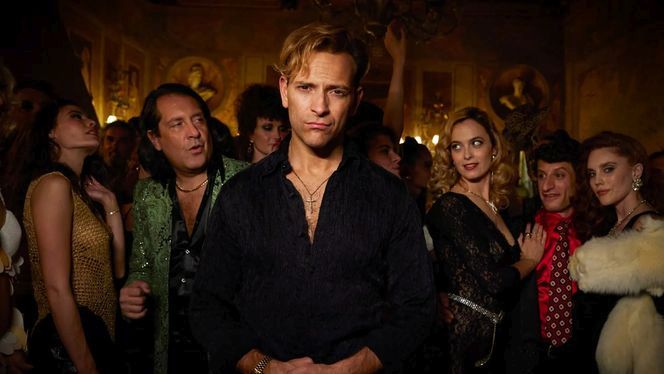
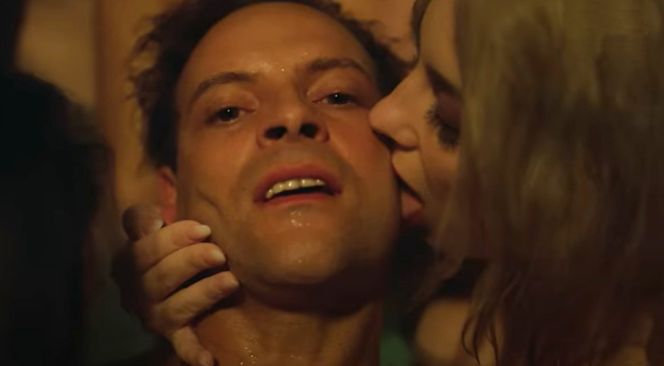
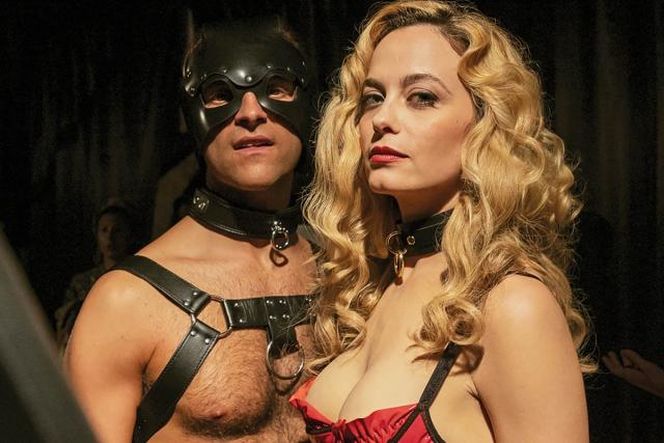
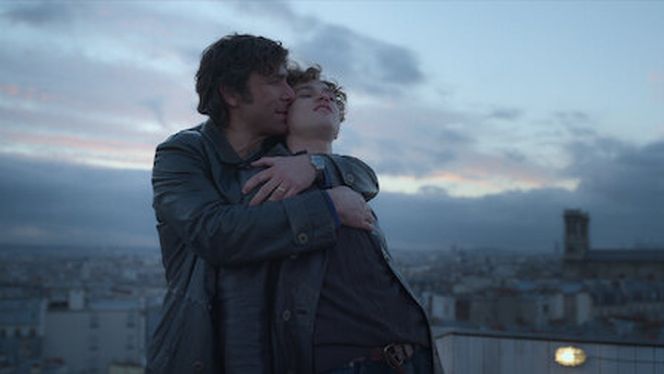






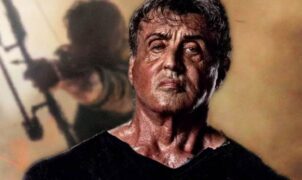






Leave a Reply